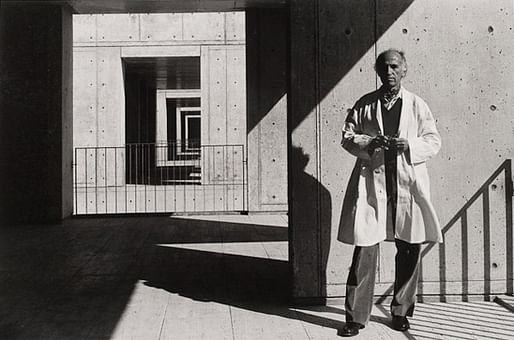

Architects, he explains, “understand about aesthetics; they know about psychology. The next depth to which they can go is understanding the brain and how it works and why do people feel more comfortable in one space than another?” — Pacific Standard
Emily Badger examines whether neuroscientists could be the next great architects. Her article features quotes from among others; sociologist and architect John Zeisel, architect Alison Whitelaw and neurobiologist Fred Gage who at a 2003 conference laid out how "Changes in the environment change the brain, and therefore they change our behavior". The almost 10-year-old Academy of Neuroscience for Architecture which held its first national conference this September, at the Salk Institute, in La Jolla, California, is dedicated to increasing research into, the intersection of the two seemingly disparate fields.
2 Comments
Did anyone else have to take a Psychology of Architecture course for their degree? It was required at my university, and it was endlessly fascinating. I have used that info a lot with clients. One of the classes that has surprised me with how applicable it has been to working in the field.
I remember learning about "defensible space", but I can't remember what class it was in. I will say that you can always learn from clients by asking them how they feel in various spaces and why. Everyone will be different, but some general patterns can be gleamed.
Block this user
Are you sure you want to block this user and hide all related comments throughout the site?
Archinect
This is your first comment on Archinect. Your comment will be visible once approved.